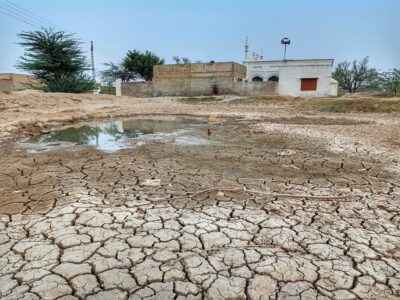
The Undergraduate Program in Sustainable Development hosted SUEZ North America for the last Speaker Series of the spring semester. SUEZ is the second largest environmental service company in North America that provides water technologies to clients and focuses on reducing greenhouse gas emissions. In doing so, it protects the environment and strengthens the circular economy. According to the World Economic Forum’s definition, circular economy is “a restorative or regenerative system that shifts towards the use of renewable energy, eliminates the use of toxic chemicals, and aims for the elimination of waste through designs and business models.”

Kendra Morris, the director of business development at SUEZ, started the conversation by describing water infrastructure systems that treat and distribute drinking water and collect and treat wastewater. Erick Quinteros, a project engineer at SUEZ, further explained that the company strives to advance the sustainability of water systems. Sustainability has environmental and social aspects; it not only stresses conserving the environment, but it addresses poverty, inequality, and social inclusion. Water systems have social implications, particularly because water is closely related to human health. For example, water systems directly impact drinking water quality, and poor or absent ventilation can have long-term negative effects on users’ respiratory systems. Thus, water engineers need to investigate how to replace or upgrade the systems while balancing the cost and ensuring energy efficiency.

SUEZ strives to advance innovation and sustainability of the environmental infrastructure, and ultimately to enhance living conditions in communities. Quinteros discussed different aspects that engineers consider to achieve the goals. First, he mentioned feasibility. No matter how effective infrastructure solutions are proven to be, if it cannot be built in project sites, the solution cannot be applied. For example, building technologies that can require a wide space are not feasible if they need to be built in an attic. The second aspect is effectiveness. Solar panels are environment-friendly sources of energy, but they will be less effective when there is not enough sun. Lastly, Quinteros discussed social inclusion, referring to how facilities should take into account people with restricted mobility, for example.
With response to the COVID-19 pandemic, Morris mentioned that it is imperative for city planners to understand that maintaining sustainability of water infrastructure increases resilience of underserved communities, especially when many have to remain indoors for quarantine. SUEZ contributes to maintaining essential water and wastewater infrastructure, while protecting its employees by complying with federal, state and local laws.
To close the presentation, Morris and Quinteros shared their academic and professional backgrounds to provide guidance for students interested in working in the sustainability field. They encouraged students to be proactive in gaining professional experience. They suggested taking relevant courses and getting involved in student projects since that would help them increase visibility with potential employers and build a network. While an interest in sustainability is important to emphasize, Morris encouraged students to find ways to set themselves apart from other candidates. Most entering this field will have an interest in sustainability, so students should develop unique narratives to explain their professional goals
Columbia’s Undergraduate Program in Sustainable Development hosts speaker series every semester to provide opportunities for students to explore professional development related to sustainability and the environment. To learn more about the program, please visit our website or contact Program Manager Cari Shimkus at cshimkus@ei.columbia.edu.
Minji Ko is an intern for the Office of Academic and Research Programs at the Earth Institute, Columbia University. She is an MPA candidate at the School of International and Public Affairs, Columbia University.



